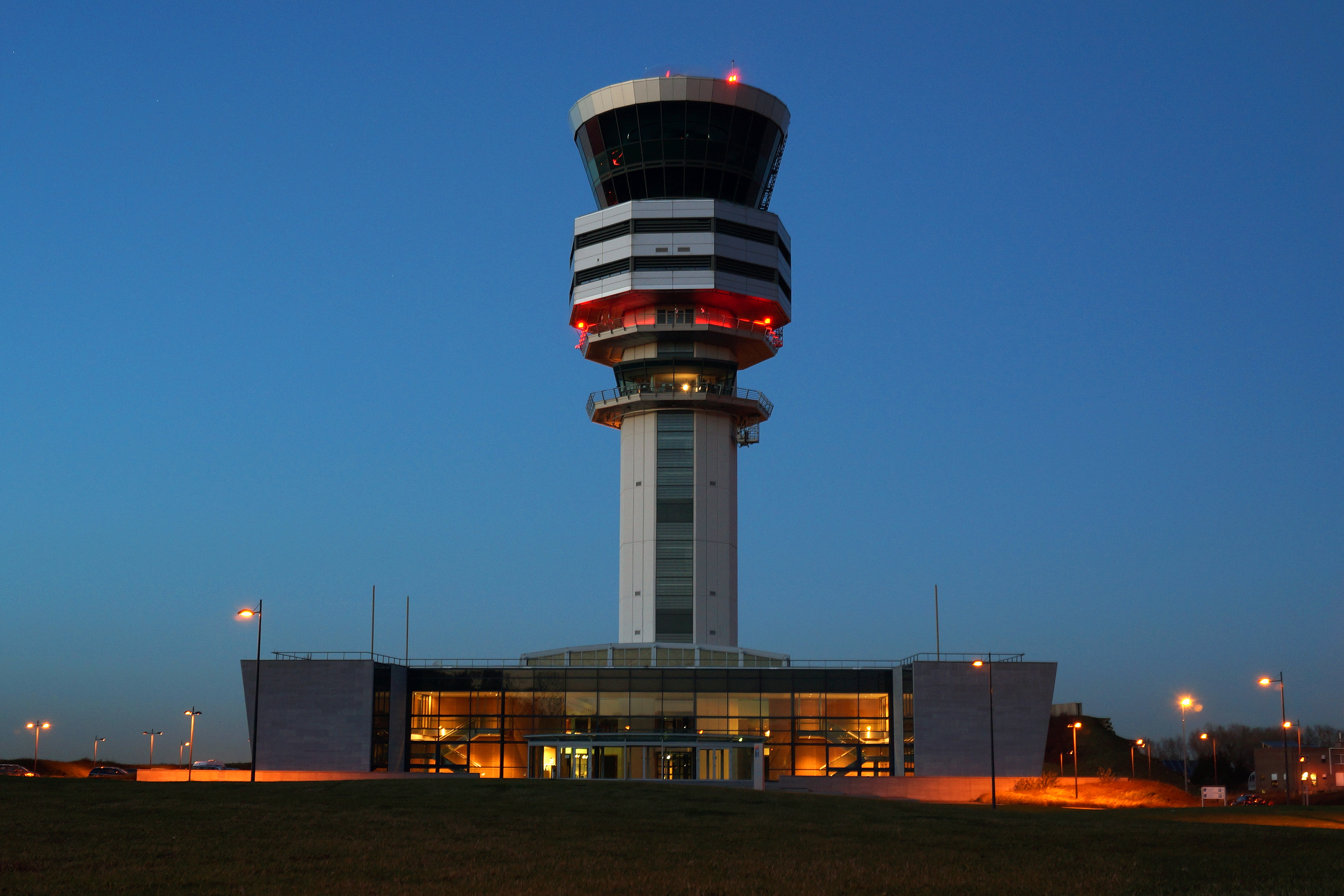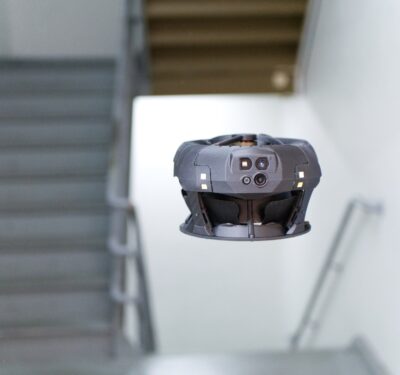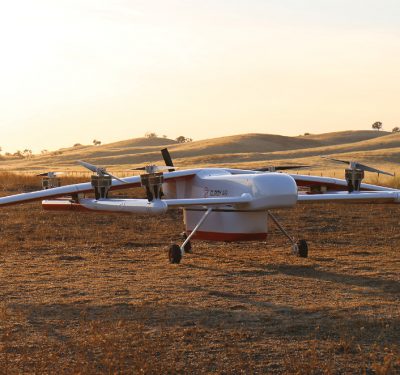
Wikimedia
The former chief of the Federal Aviation Administration’s unmanned office said the FAA can rapidly approve emergency flights of remotely piloted aircraft, even ones involving commercial operators, if the right advance planning is in place.
Jim Williams, who led the FAA’s Unmanned Aircraft Systems (UAS) Integration Office until this spring, told attendees at an Aug. 20 webinar that is possible under current regulations to get approval for emergency UAS flights in hours, even minutes, if the plane’s operators have worked through the essential coordination ahead of time.
“The FAA has a process now by which public aircraft, or government owned and operated aircraft, can get approved on an emergency basis within hours,” said Williams, who now works for the law firm Dentons, which sponsored the webinar. “A great example is the police department in …Arlington, Texas, which owns and operates several aircraft for various purposes — one of which is to do surveillance in hostage situations.”
The police there are authorized to operate across a broad area including around the Dallas-Fort Worth airport — though they would need to coordinate very closely with the FAA and get special approval, said Williams.
“But they did have a hostage situation a couple of years ago.” Williams said, “and were allowed to do that — to operate inside the class B airspace for Dallas-Fort Worth airport. It was approved in a matter of, I think, less than two hours because of the hostage situation. They needed to get that aircraft up and make sure that the officers were going to be safe when they did what they needed to do.“
The new approach is in sharp contrast to earlier situations where unmanned aircraft were not allowed to fly, even to help in a crisis. It took months for Robin Murphy, director of the Center for Robot-Assisted Search and Rescue (CRASAR) at Texas A&M University, to get approval to overfly the mudslides that smashed into Oso, Washington in March of 2014. Murphy’s team, which includes some of the world’s experts in emergency response, were not permitted to lend a hand in the immediate aftermath.
Williams said that commercial drone operators, including those with a Section 333 waiver to fly, would be allowed to offer emergency assistance for compensation as long as they were flying under the legal umbrella of a public aircraft operator like the police, the fire department or emergency services.
The key to making that work he said, was planning and coordinating in advance. If the legal nuances are up in the air when permission to fly is requested, he said, it could hold up approval.
“But, it is fully within the authority of the local traffic control facility to sign out an approval and say: ‘Yeah. You can go do that,’” Williams explained. “They coordinate with the air-traffic folks in headquarters. They have procedures by which they can approve that it a matter of hours — or minutes in some cases. And it happens fairly regularly.”
Williams cautioned that operators working under a section 333 waiver needed to have the activity they want to do included within their waiver
“If it’s a civil operator, operating under section 333 approval, they would only be able to do it if they can do it within the limitations of their approval, which might be a problem in situations where there was a fire or something in a metropolitan area.”
“So if I’m correct in understanding,” asked webinar moderator Mark Dombroff, a Dentons partner, “if I’m someone going in for a Section 333 exemption, and one of my thoughts is I can provide this sort of service to emergency organizations —fire, police, emergency management, whatever, I probably should go in for an exemption that includes that, that lays out my coordination with these authorities and basically puts the whole plan in place. That way when they make the call to me everything is ready to go.”
“Right,” said Williams, who suggested that if the call to the aviation authorities came from the police as opposed to an individual “it’s probably going to go better.”






